As ever, there is an endless supply of crime novels and true crime books out there to pick from for summer reading. Here are five of the best to pack in your hand luggage…
City on Fire by Don Winslow
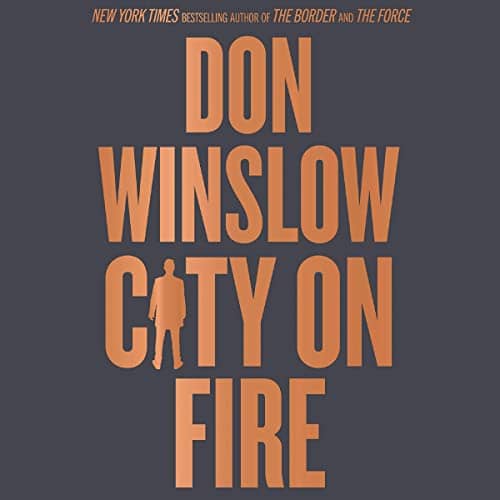
Don Winslow is rightfully regarded as one of crime writing’s big hitters. His monumental ‘Cartel’ trilogy about America’s war on drugs is a towering literary achievement. Now, he’s embarking on another three-book run. Set in 1980s Rhode Island and inspired by The Iliad, this first instalment sees a beautiful woman spark a war between Irish and Italian gangsters – and Danny Ryan, a faithful but undervalued member of the Irish clan, is thrust into the centre of the mayhem. As ever with Winslow, the plotting is taut, the action scenes pop and the characterisation is on point (I’m particularly keen to see what he does with Ryan’s filthy rich mother in the subsequent books). When the final act arrives, there’s a pleasing inevitability to the way an ambitious heist goes wrong – an echo of Greek tragedy to compliment the allusions to epic poetry. The book does lack the political drive of the Cartel books and some of the mob war stuff feels overly familiar (the sub-plot about a gay Italian capo will make Sopranos fans think of poor old Vito straight away). Despite these quibbles, City on Fire is top notch crime fiction that will more than satisfy Winslow’s legion of fans.
About a Son by David Whitehouse
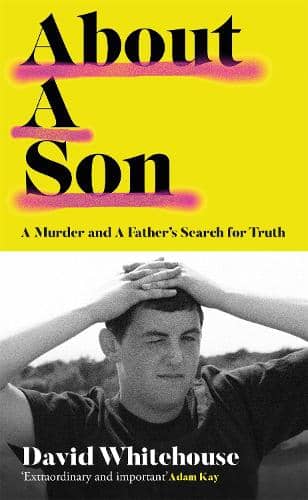
In 2015, Morgan Hehir was stabbed to death in a random attack on the streets of Nuneaton. He was a bright, popular kid who loved football, graffiti and had once campaigned against knife crime. In the aftermath of Morgan’s death, his father Colin kept a diary as an outlet for his grief. David Whitehouse has taken that diary and crafted a truly unique and mightily impressive true crime book from it. It begins as a chronicle of despair, evolving into a painstaking quest for truth and justice. Why were Morgan’s killers, all habitual criminals, free to kill him? Colin doesn’t rest until he gets proper answers to that question. About a Son is both moving and terrifying (I couldn’t stop thinking about my two young boys as I was reading it), and the institutional failings Colin uncovers are as shocking as his tenacity is inspiring.
Life Sentence by A.K. Turner
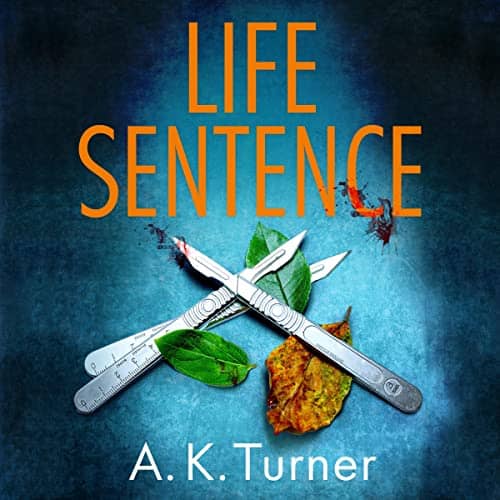
2020’s Body Language saw A.K. Turner debut her brilliantly spiky protagonist Cassie Raven – and it was one of my favourite crime novels of that year. Raven is a goth and mortuary technician who takes great care to dignify the dead who pass through her Camden ‘office’. Her connection to the departed even stretches to her ‘hearing’ clues about their various demises from their cold dead lips. It’s a fanciful premise that works beautifully because Turner is so good at writing fast-paced, page-turning mysteries and because Cassie is such an engaging presence. Life Sentence’s plot involves Cassie’s estranged father returning after serving a prison sentence for killing her mother. He is determined to clear his name and start afresh with his daughter. This central narrative is underpinned by various sub-plots, including the death of a teenager, the sad family circumstances of DS Flyte (the detective who Cassie keeps on crossing paths with) and, in a nod to real life scandal, the nefarious activities of undercover policemen infiltrating protest groups. The book, I’m pleased to report, also reacquaints us with Cassie’s headstrong Polish grandmother. A crime novel – and series – that deserves to be read widely.
Paradais by Fernanda Melchor
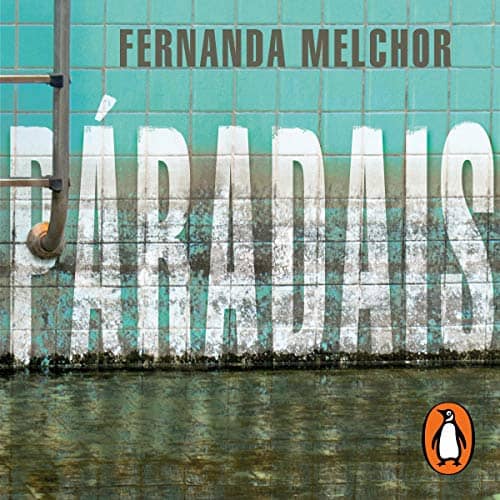
Fitzcarraldo, the publisher of brilliant literary fiction, published a slim novel earlier this year that floored me. Written by Fernanda Melchor and translated by Sophie Hughes, it’s a violent story focused on Polo, a young guy working as a handyman in a plush Mexican housing complex. He befriends one of the residents, Franco, a spoiled, porn-addicted teenager who is obsessed with his glamourous female neighbour. Together Polo and Franco hatch a grim criminal scheme and, in a razor-sharp linguistic style, Melchor drags us and her characters towards a terrifying reckoning. It’s the literary equivalent of a Haneke film. Melchor’s prose is unsparing and so is her worldview. This short, sharp shock of a book has much to say about the state of modern Mexico and society at large. None of it pretty.
The Undiscovered Deaths of Grace McGill by C.S. Robertson
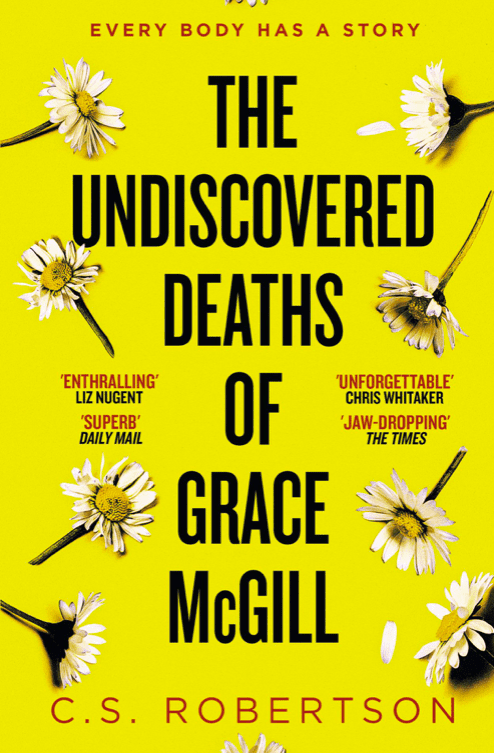
Grace McGill is no ordinary house cleaner. As she puts it, she’s ‘a lonely death cleaner’, cleaning homes where corpses have been left to rot. An apparently routine clear up of a deceased OAP’s house leads to Grace discovering the man’s possible link to a decades-old missing person case. It takes her from the streets of Glasgow to the wind-swept Isle of Bute, and into the orbit of the dead man’s circle of friends. Unsurprisingly, they all seem to have something to hide. Robertson relishes writing about the technical details of the cleaning operations and he’s created an odd and compelling protagonist – Grace is solitary, single-minded and prone to creating dolls house-like recreations of the homes she visits for her macabre day job. As Grace closes in on the truth at the heart of the mystery, so her own secrets start to show themselves. I’ll say no more for fear of spoiling things for the reader but Robertson tries something audacious and he pulls it off superbly.
Notes on an Execution by Danya Kukafka
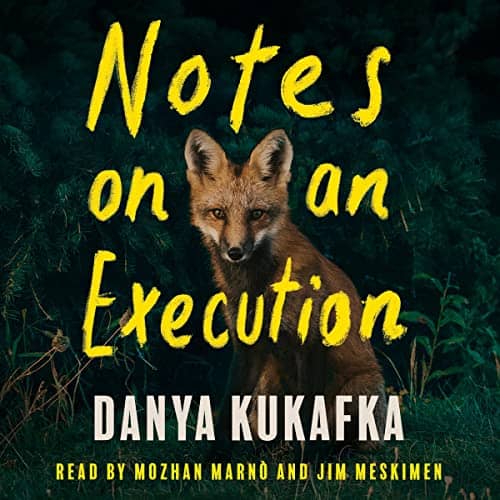
Kukafka’s novel begins with a serial killer called Ansel Packer planning an escape from prison to avoid the death penalty. He’s no criminal mastermind though – his grand philosophical theories about the nature of evil quickly prove to be pretentious nonsense and his escape plan is clearly destined to fail (the title of the book is a bit of a giveaway on that score). Kukafka wisely demotes her villain from protagonist to bit part player. He becomes little more than a shadow cast over the three main narratives which feature a trio of women connected to Packer: his mother, sister-in-law and the cop who put him behind bars. The writing is occasionally over-ripe, but the novel gains in power and atmosphere as the disparate strands start to merge. A slow burn that steadily hooked and haunted me.







Comments